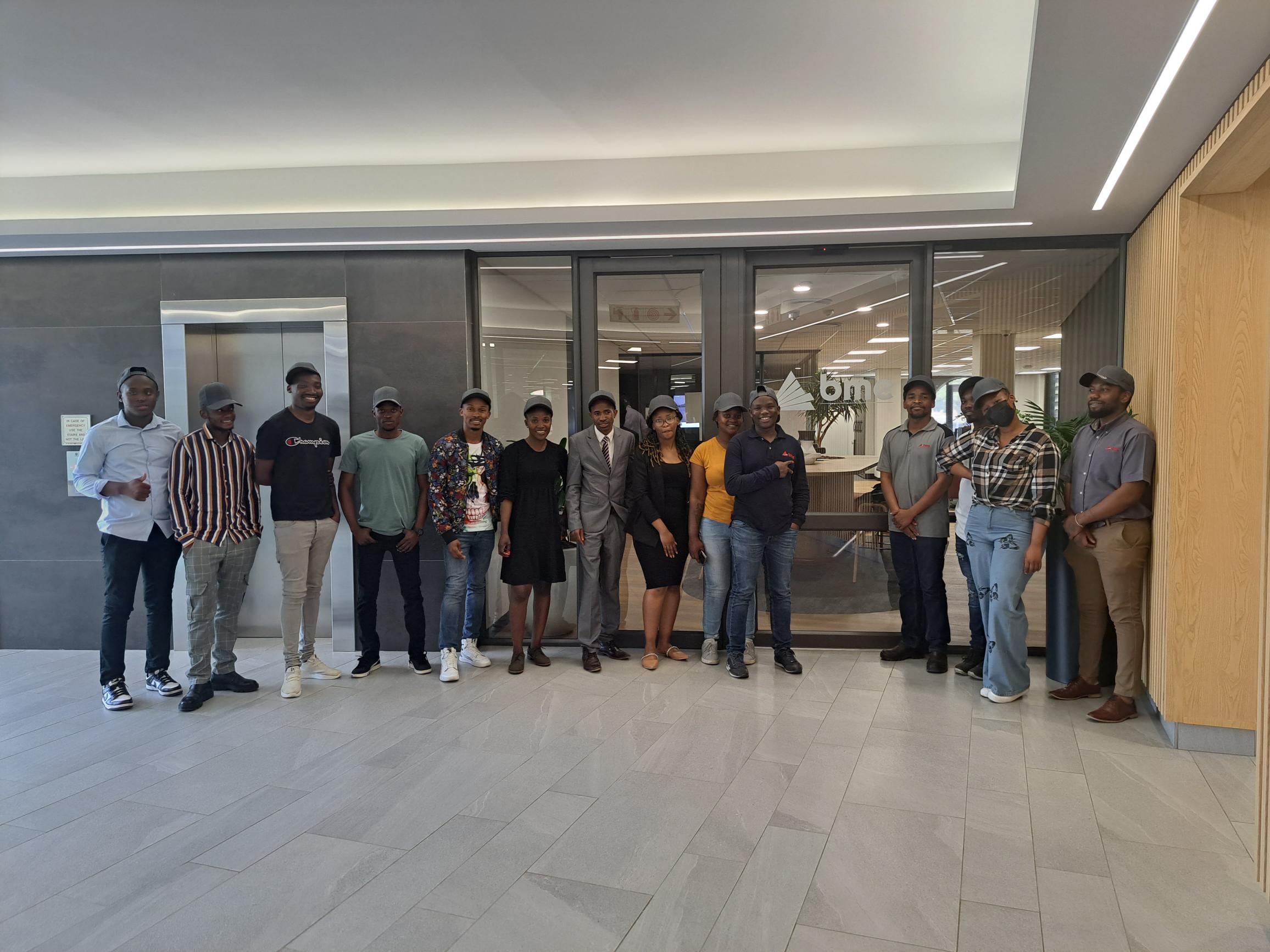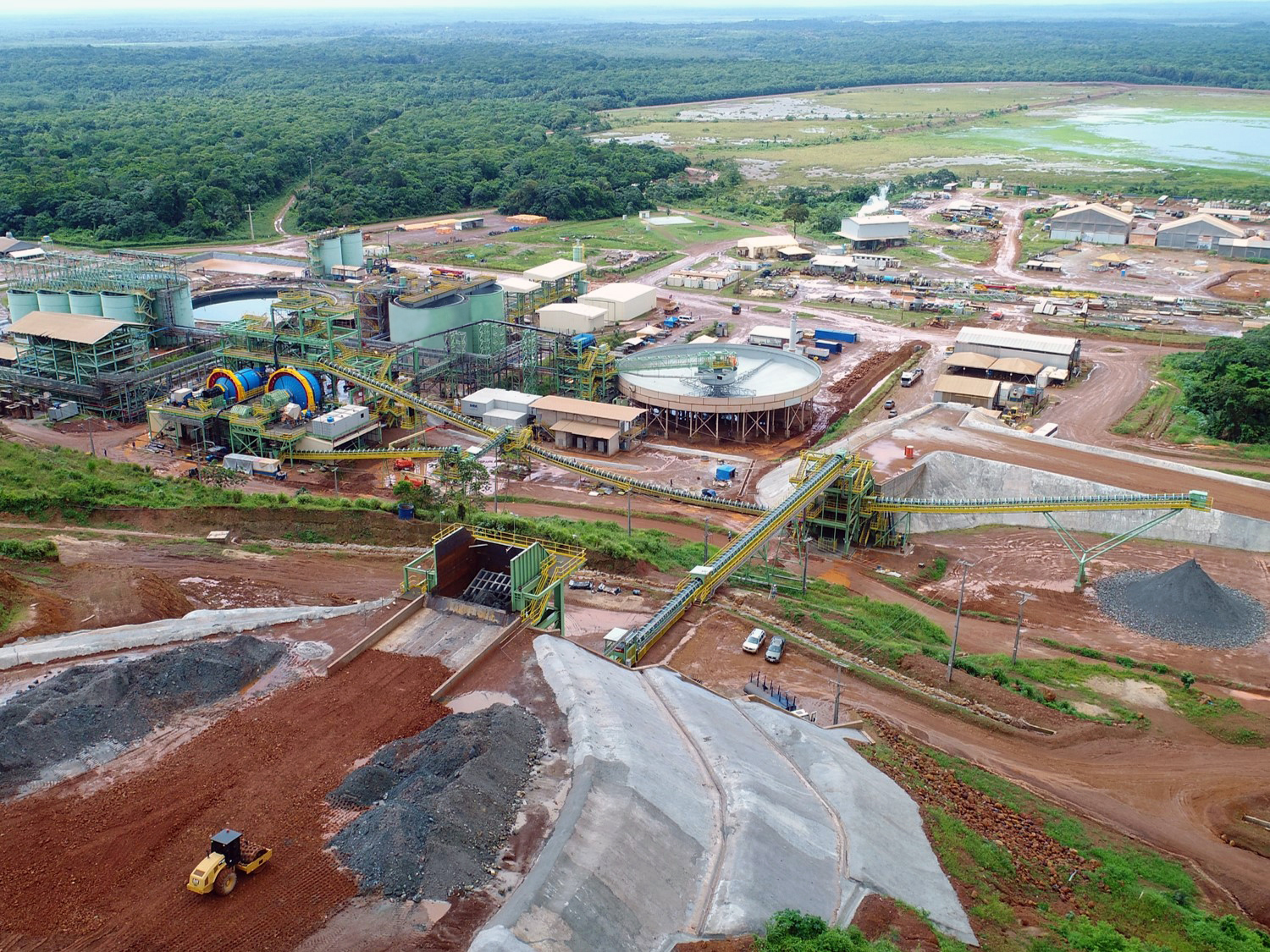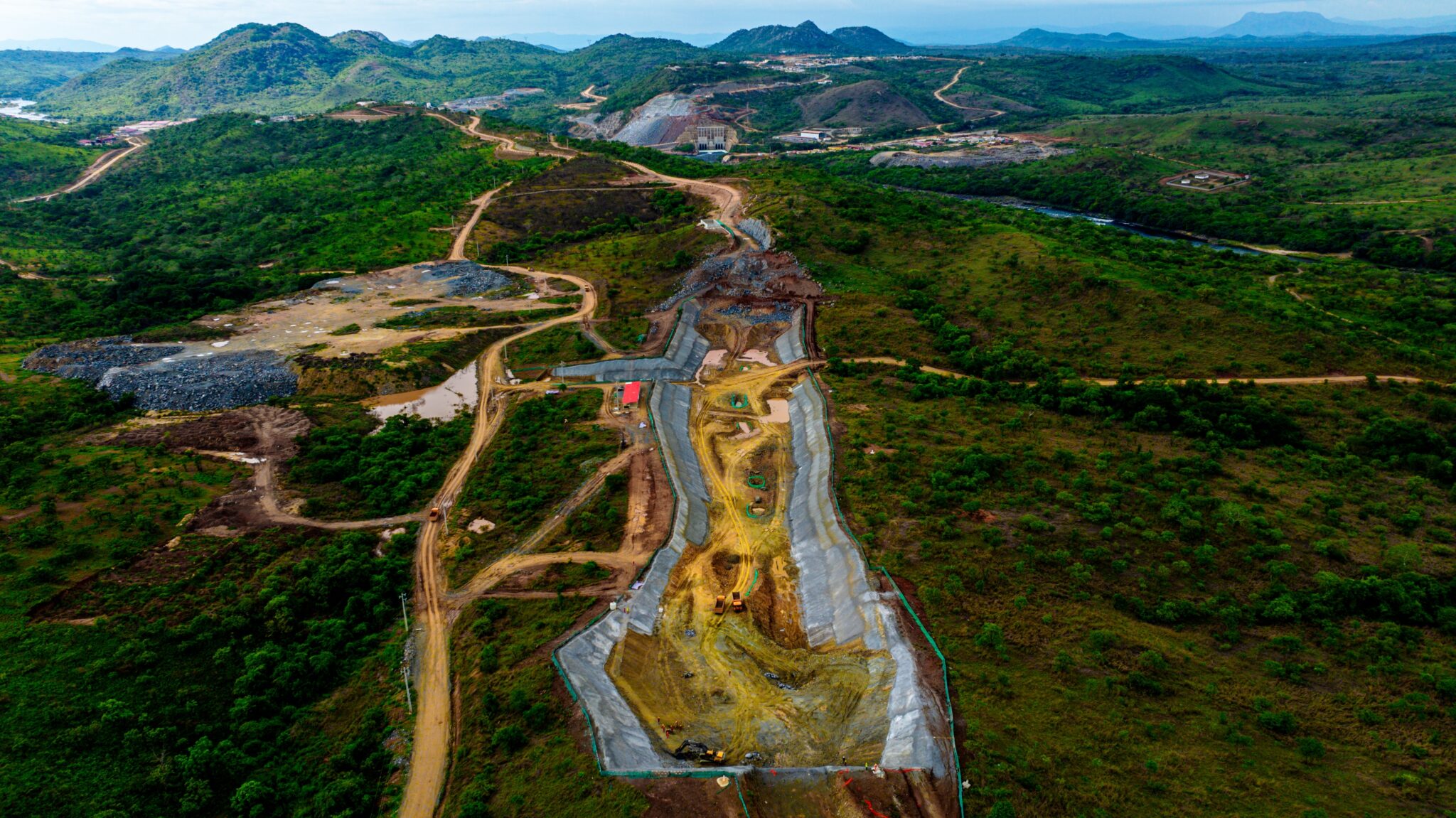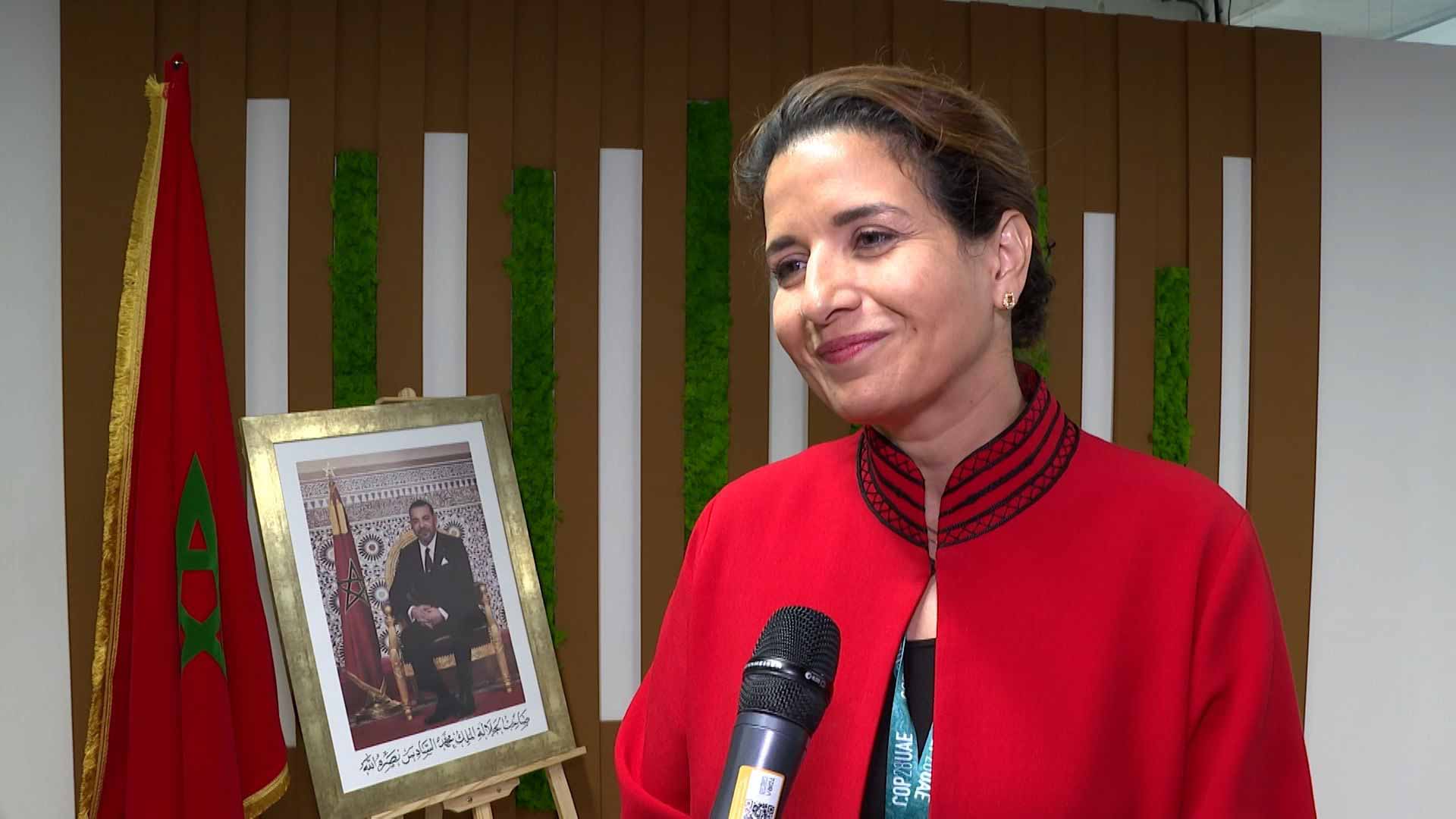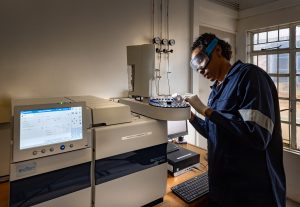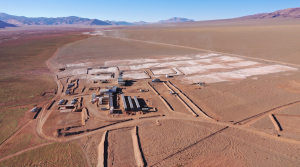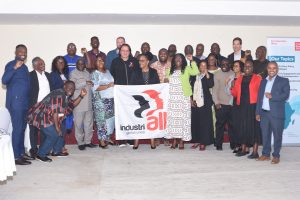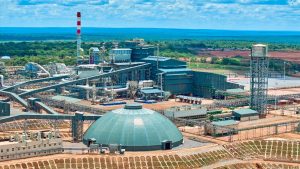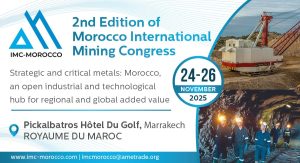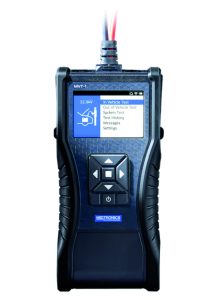Omnia’s BME launches graduate programme to boost mining skills
A two-year graduate programme has been launched by Omnia-group company BME to address youth unemployment and skills shortages in an evolving mining industry.
The programme targets various disciplines in engineering and science – including mining, chemistry, and microbiology, as well as skills in the fields of safety, health, environment and quality assurance. This is part of the commitment by BME’s leadership to support skills development and the growth of young people within the mining industry. The initiative is also instrumental in attracting and retaining talent for the company.
Announcing the initiative, BME managing director Ralf Hennecke said that many businesses in industry require work experience, and graduates are often overlooked as they do not have the necessary skills or the understanding of the work environment to fill the role.
“Coupled to this, some graduates consider the work environment to be daunting,” said Hennecke. “We therefore believe our role will be to ensure that each graduate on our programme is provided with the opportunity to grow and develop and reach their full potential. It is vital that we invest in skills development of the next generation of people who will drive the mining industry in the future.”
BME has recruited 19 graduates and placed them at various underground and surface mining sites where the company is currently active. Some graduates have also been placed at BME’s Losberg emulsion plant and its AXXIS™ initiation system plant.
“In a country like South Africa, it is crucial to train graduates without prior work experience, and this is what BME aims to do,” said BME human resources manager Tebogo Seakamela. “Skills development, and bringing new entrants into the sector, is critical in growing our economy and the mining sector, which is still one of the largest contributors to the country’s gross domestic product.”
She noted that BME prioritises the nurturing and development of young talent, highlighting that these graduates gain immeasurable knowledge and understanding of the real world of work while on our programme, ultimately preparing them for the workplace. “Due to their resilience, agility and bold characters, our graduates have remained committed to the programme,” she said.
As a trend in the market, most locally trained graduates are also recruited into other countries after having completed a graduate programme – including those around Africa. “This is commendable and a testament to the calibre of our South African mining graduates,” she said.
She highlighted that while the graduates were from various universities across the country, the majority were from Wits Mining Institute at the University of the Witwatersrand in Johannesburg.
Taking African skills to the world
BME remains optimistic about the South African mining industry, and the prospects for the rest of the continent.
“Locally, the Northern Cape is booming, while the rest of Africa, and other key BME markets – such as Indonesia, Latin America, Australia and the US and Canada, continue to grow,” said Seakamela. “These African and international markets are vastly different to South Africa and, in some instances, considered challenging. We believe this programme works together with BME’s continuing expansion strategy of taking our African expertise to the rest of the world and will offer these graduates the opportunity to benefit from exposure to these markets and the global mining industry.”
The industry is also evolving in terms of minerals extraction, she said, noting that with the introduction of automated and artificial intelligence-based mining, the graduates will get first-hand experience of these technologies being used in the workplace.
We are building the skills for the future, as well as ensuring that we cultivate a learning culture that encourages and enables critical thinking and innovation,” she noted. “At the same time, these graduates are offered diverse career path options.
Mampe Mogale, a mining engineering graduate currently based at a mining operation in the Northern Cape, noted that BME held a two-day induction for all its interns across various disciplines at the beginning of October.
“The aim was to familiarise us with the company structure, various disciplines, and the people responsible for certain roles within the organisation,” said Mogale.
Clement Marilela, a mechanical engineering graduate, explained that BME made his transition into BME as smooth as possible, informing the graduates about the organisation, while helping them realise the “incredible opportunity” they have been offered.
“It was great to be given the chance to interact with and learn from some of the organisations’ leaders as they shared their expertise and passion for the business,” said Marilela.
“BME is proud to play its part in cultivating the future workforce, preparing them for the field of work,” concluded Hennecke. “South African graduates are talented and, with on-site experience, can be gainfully employed.”
Share this content:
